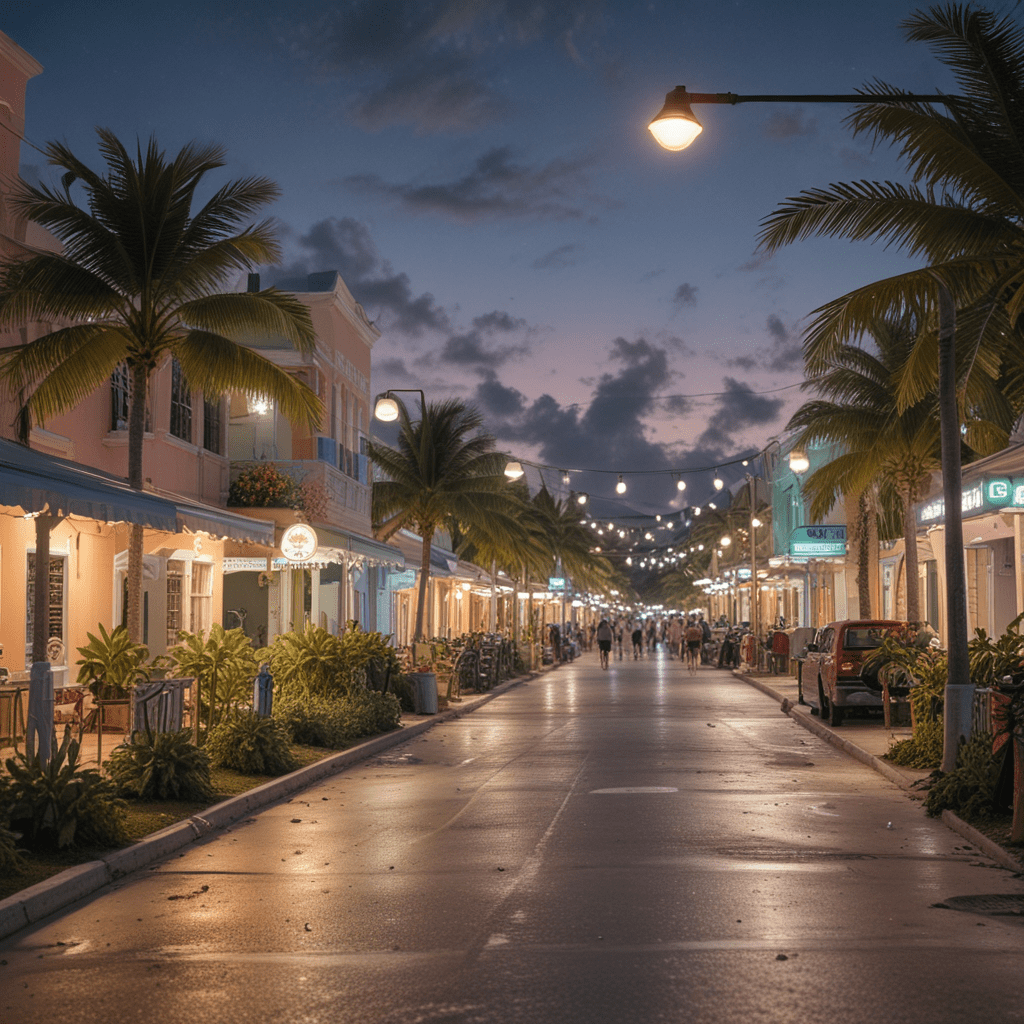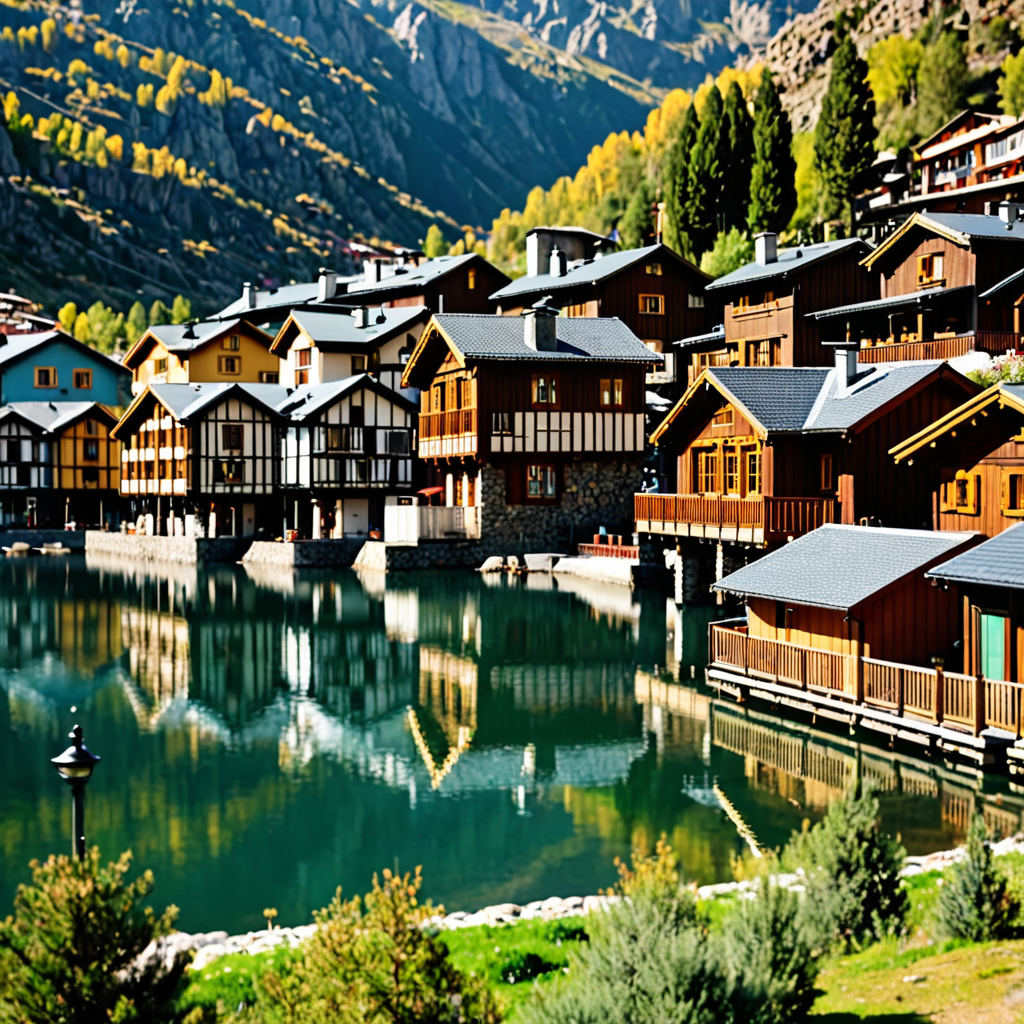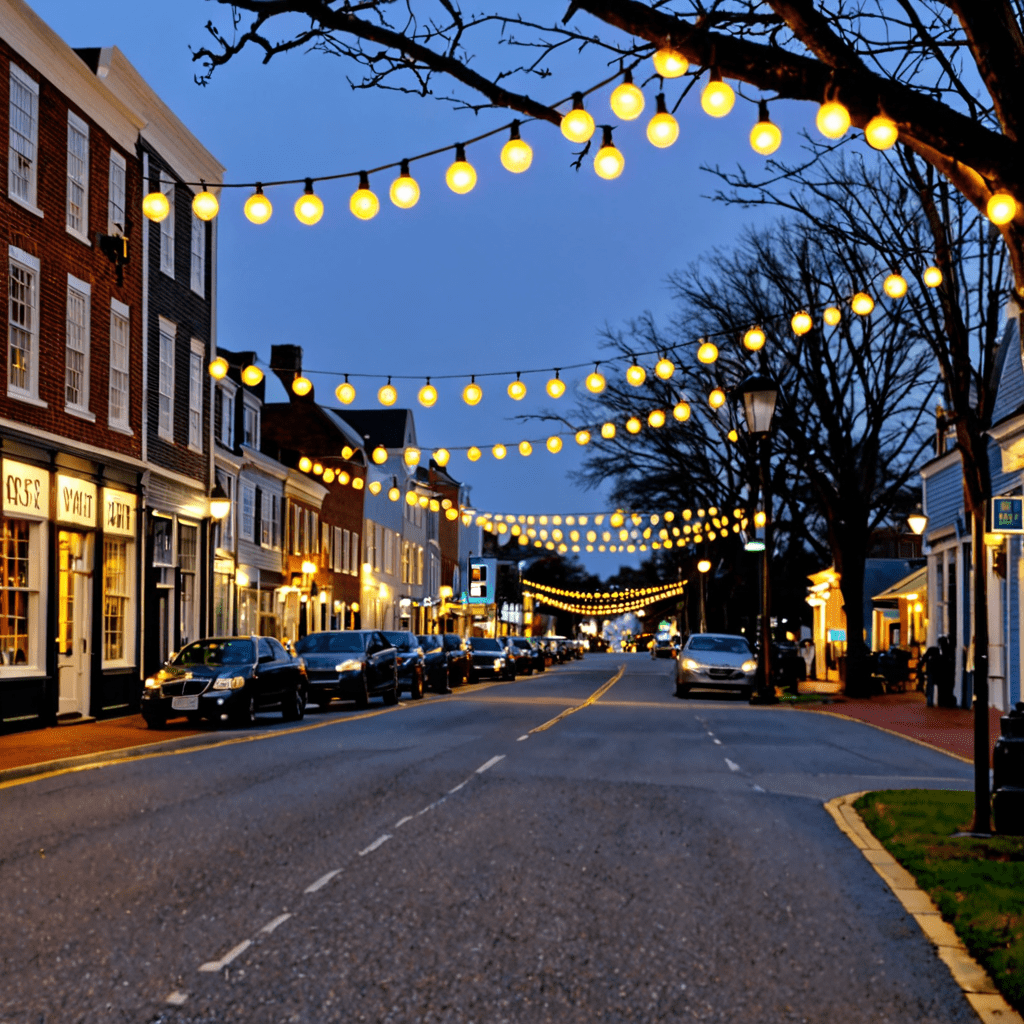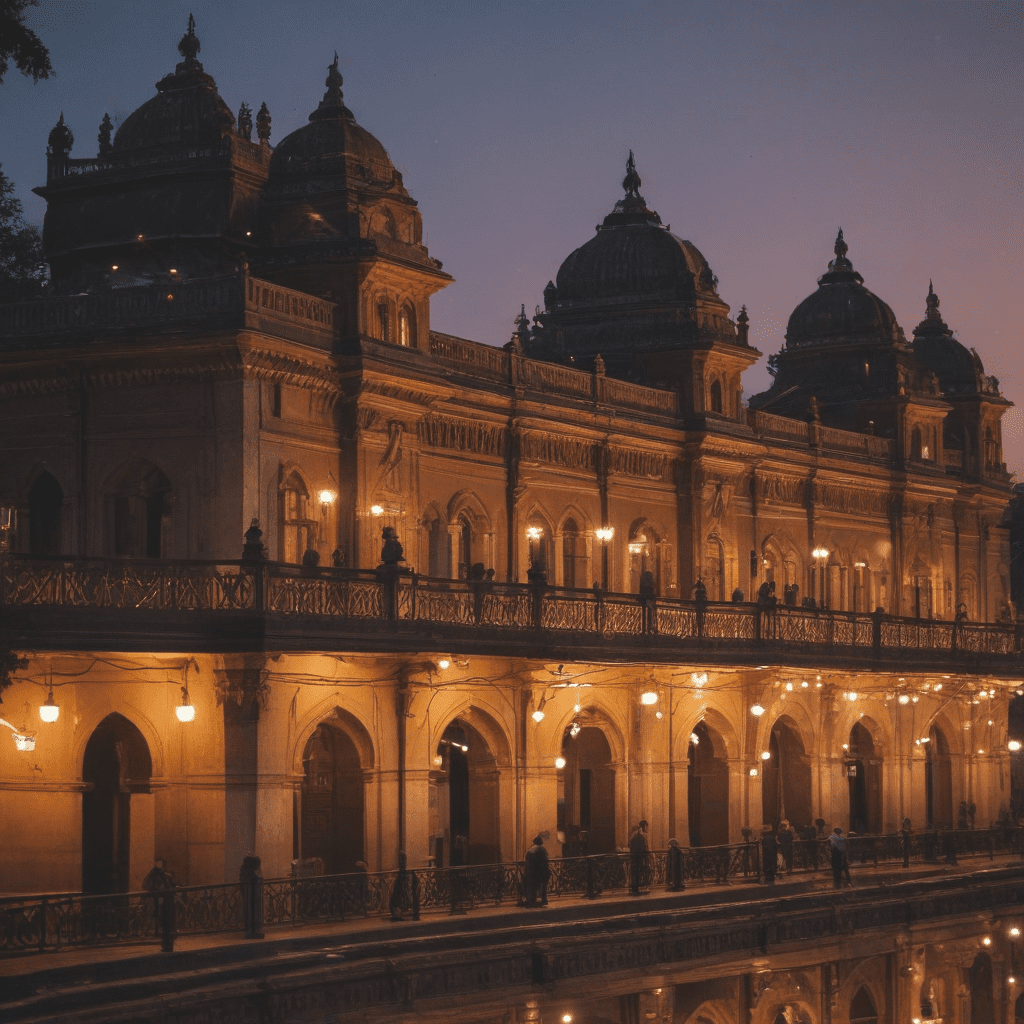The Legacy of the Arawaks and Lucayans
Nestled in the heart of the Caribbean Sea, The Bahamas is a captivating archipelago that unveils a rich tapestry of history, culture, and breathtaking natural beauty. As we delve into its captivating narrative, let us begin by tracing the roots of its earliest inhabitants, the Arawaks and Lucayans. These indigenous peoples left an indelible mark on the islands, shaping their cultural heritage and traditions that continue to resonate today.
The Arawaks, hailing from the South American mainland, arrived in The Bahamas around the 7th century CE. Known for their peaceful nature and skilled craftsmanship, they established thriving communities on the islands, subsisting on fishing, farming, and weaving. Their legacy is evident in the remnants of pottery, tools, and petroglyphs scattered across the archipelago, whispering tales of their daily lives and spiritual beliefs.
Around the 12th century CE, the Lucayans migrated to The Bahamas from the islands of Hispaniola and Cuba. Possessing a more advanced culture than the Arawaks, they brought with them new agricultural techniques, intricate artistry, and a profound reverence for the natural world. Together, the Arawaks and Lucayans lived in harmony, sharing their knowledge and shaping the unique identity of The Bahamas.
The Arrival of the Europeans: Christopher Columbus and the Spanish
In 1492, Christopher Columbus, an intrepid Italian explorer, stumbled upon The Bahamas during his quest for a westward passage to Asia. His arrival marked the dawn of a new era, as European powers laid claim to these pristine islands. Columbus named the archipelago "San Salvador" and encountered the indigenous population, marveling at their golden ornaments and gentle nature.
The Spanish quickly established their presence in The Bahamas, using the islands as a base for their explorations and exploiting their natural resources. However, their rule was marked by brutality, as they enslaved the native population and decimated their way of life. The indigenous peoples fought valiantly against the Spanish, but their resistance was ultimately quelled. As a result, The Bahamas carried the scars of colonialism for centuries to come.
The Pirate Haven: Privateers and Buccaneers
In the 17th and 18th centuries, The Bahamas became a notorious haunt for pirates and buccaneers, drawn by its secluded coves and labyrinthine waterways. These swashbuckling adventurers, operating under the guise of privateers or outright pirates, preyed on Spanish treasure ships and established their own illicit settlements on the islands. The likes of Blackbeard, Calico Jack, and Anne Bonny made their mark on Bahamian history, leaving behind a legacy of daring exploits and buried treasures.
The pirate era had a profound impact on The Bahamas, shaping its folklore and injecting a sense of adventure into its national identity. The pirates' presence also attracted merchants and traders, who saw opportunities amid the chaos. Nassau, the capital of The Bahamas, emerged as a bustling port city, catering to the needs of both pirates and legitimate businesses.
The British Colonial Era: Economic and Social Transformation
In 1718, The Bahamas officially became a British colony, marking the beginning of a new chapter in its history. The British brought with them a structured administration, laws, and economic reforms. They established plantations, primarily cultivating cotton, and introduced a system of slavery that drastically altered the social fabric of the islands.
Under British rule, The Bahamas underwent significant economic growth and social transformation. Nassau became a major trading hub, while the islands' natural resources, such as salt and timber, were exploited for export. However, the legacy of slavery left deep wounds, and the post-emancipation era was marked by racial tension and inequality. Despite these challenges, The Bahamas gradually developed a unique identity, influenced by both its African and British roots.
The Road to Independence: The Struggle for Sovereignty
The 20th century witnessed a growing desire for self-governance among Bahamians. Inspired by global movements for decolonization, Bahamian political leaders began to rally for independence from British rule. The Progressive Liberal Party (PLP), led by Lynden Pindling, emerged as a vocal advocate for sovereignty. After decades of negotiations and constitutional reforms, The Bahamas finally gained its independence on July 10, 1973.
The road to independence was paved with challenges and triumphs. Bahamians faced economic hardships, racial discrimination, and political turmoil. However, their determination and resilience prevailed, and they established a democratic and independent nation that has flourished in the years since.
Tourism and the Modern Economy: A Pivotal Shift
Post-independence, The Bahamas embarked on a transformative journey, shifting its focus from agriculture to tourism. This strategic move proved to be a catalyst for economic growth and diversification. The turquoise waters, pristine beaches, and vibrant coral reefs of The Bahamas became a magnet for tourists from around the world.
The government invested heavily in tourism infrastructure, developing luxury resorts, marinas, and entertainment facilities. The industry rapidly became the backbone of the Bahamian economy, creating jobs, boosting foreign exchange earnings, and improving the standard of living for many Bahamians. Today, tourism accounts for over 50% of the country's GDP and employs a significant portion of its workforce.
Cultural Heritage and Traditions: A Vibrant Tapestry
The Bahamas is a melting pot of cultures, where African, European, and Caribbean influences have blended harmoniously. Its vibrant cultural heritage is expressed through its music, dance, art, and cuisine.
Junkanoo, a traditional Bahamian street festival, is a spectacle of color, rhythm, and revelry. Celebrated during the Christmas season and on Independence Day, Junkanoo features elaborate costumes, infectious music, and energetic dance performances. It is a testament to the Bahamian spirit of joy and resilience.
Bahamian cuisine is a delectable fusion of flavors, reflecting the island's rich history. Conch salad, a national dish, is a refreshing combination of fresh conch, tomatoes, onions, peppers, and lime juice. Other culinary delights include cracked conch, peas and rice, and guava duff.
Environmental Conservation: Protecting the Natural Wonders
The Bahamas is renowned for its breathtaking natural beauty, from its crystal-clear waters to its lush ecosystems. The government and environmental organizations are committed to preserving and protecting these precious resources.
Marine protected areas have been established to safeguard the delicate coral reefs and marine life. The Bahamas National Trust, a non-profit organization, plays a vital role in conservation efforts, managing national parks and nature reserves. Sustainable tourism practices are encouraged to minimize the impact on the environment.
The Bahamas is also at the forefront of climate change adaptation. Rising sea levels and increasingly frequent hurricanes pose challenges that the government is actively addressing through coastal protection measures and disaster preparedness plans.
The Impact of Globalization: Challenges and Opportunities
Globalization has had a profound impact on The Bahamas, presenting both challenges and opportunities. The country has embraced international trade and investment, attracting foreign direct investment and expanding its export market. However, it also faces competition from other tourist destinations and must navigate the complexities of international economic and political dynamics.
The Bahamas recognizes the importance of education and skills development to prepare its citizens for the globalized economy. The government is investing in educational programs that foster innovation, entrepreneurship, and technological advancement.
The Bahamas Today: A Dynamic Nation with a Rich Legacy
Today, The Bahamas stands as a vibrant and progressive nation, balancing its rich cultural heritage with modern development. It is a popular tourist destination, known for its warm hospitality, stunning scenery, and diverse attractions.
The Bahamas continues to face challenges, but it has demonstrated resilience and a commitment to sustainable growth. The country is actively involved in international organizations and initiatives, playing a role in regional and global affairs.
As The Bahamas looks to the future, it is poised to navigate the complexities of the modern world while preserving its unique identity and embracing new opportunities.
FAQs
Q: What is the official language of The Bahamas?
A: English
Q: What is the currency of The Bahamas?
A: Bahamian dollar
Q: What is the capital of The Bahamas?
A: Nassau
Q: What is the main industry in The Bahamas?
A: Tourism
Q: What is the population of The Bahamas?
A: Approximately 400,000



